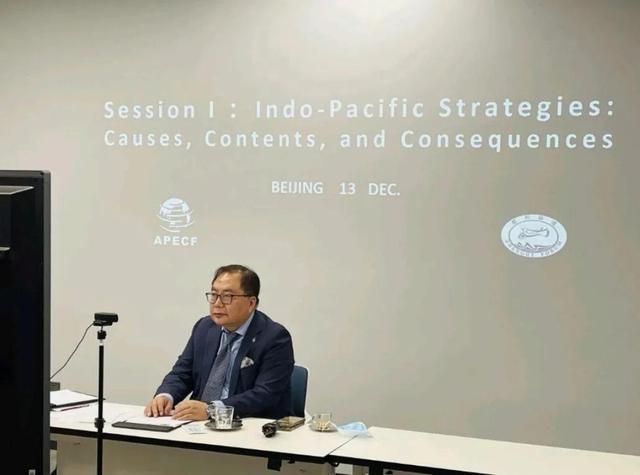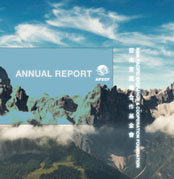December 13th, 2021
Opening ceremony of international conference on “Indo-Pacific Strategic Dialogue” held today
(From People's Daily) At 9 p.m. Beijing time on December 13, 2021, the opening ceremony of the international symposium on “Indo-Pacific Strategic Dialogue” organized by the Asia Pacific Exchange & Cooperation Foundation (APECF) and Zhenghe Forum and other institutions is held online and offline in Shenzhen, Washington D.C., Kuala Lumpur and Seoul today. Representatives, officials, parliamentarians, experts and scholars from more than 20 countries, regions and organizations, including the United Nations, the United States, China, Japan, Australia, Pakistan, the United Arab Emirates, South Korea, Thailand, Cambodia, Malaysia and Indonesia, will attend the three-day conference to discuss the new situations, new challenges and new prospects in the Indo-Pacific region.
It is noteworthy that Antony Blinken, US Secretary of State, will visit Southeast Asia and announced the Indo-Pacific strategy blueprint of the Biden administration in Jakarta on the 14th day of this month. The convening of this conference has aroused widespread response and attention from the international community.
The conference is held according to different themes: the theme of the first session is “Indo-Pacific Strategies: Causes, Contents and Consequences”, focusing on the countries and organizations that have issued Indo-Pacific strategies, defining their main interests and challenges in the region, and discussing the background, causes, situations and prospects of the introduction of different Indo-Pacific strategies. At the same time, it also discusses the similarities and differences, cooperation and possible conflicts of different versions of Indo-Pacific strategies, as well as the relationship between different Indo-Pacific strategies and existing systems or organizations in this region. The theme of the second session is “Indo-Pacific Countries without Indo-Pacific Strategies: Causes, Dynamics and Prospects”, which discusses the deep consideration of many countries and organizations in this region to remain silent on the Indo-Pacific strategy. It also discusses that when the countries around the Indian Ocean pursue their national interests to the great extent under the new situation, is remaining strategic silence a lack of strategy? Or a strategic counteraction? And the future trend of this strategic silence. Former Malaysian Prime Minister Mahathir Mohamad will deliver a keynote speech on the latest situation in the Indo-Pacific region from the perspective of Malaysia, ASEAN and the Islamic world. Moreover, the theme of the third session is “Alternatives to Indo-Pacific Strategies: Competition, Accommodation or Promotion”, which mainly discusses the criticism and opposition of China and Russia caused by the U.S. Indo-Pacific strategy and its derivative mechanisms, such as the security cooperation of the Quad or the AUKUS. This session will focus on China’s and Russia’s views and reactions to the Indo-Pacific strategy of the United States and other countries and countries, as well as the long-term impact of the Indo-Pacific strategy on broader US-Russia, US-China, China-Russia and other bilateral or multilateral relations.

Xiao Wunan, Chairman of Asia Pacific Strategic Dialogue Organizing Committee, delivers a opening speech
Through this strategic dialogue, experts, officials and parliamentarians from various countries provided constructive guidance and suggestions on how to curb division and confrontation in the Indo-Pacific region, enhance unity and cooperation, and safeguard the overall interests of the region to the greatest extent while recognizing and respecting the different interests of all countries, so as to provide sustainable prosperity and peace in the Indo-Pacific region.


 Back
Back